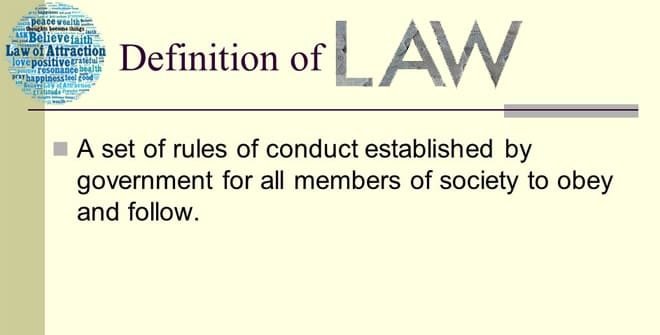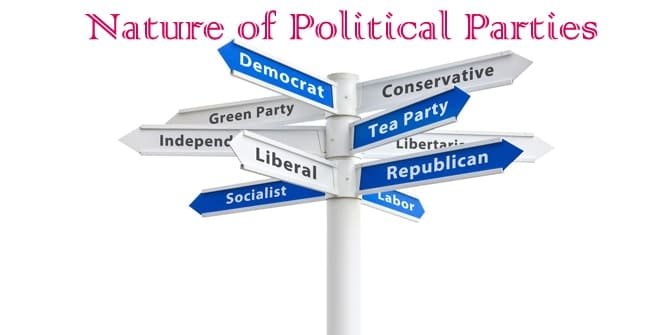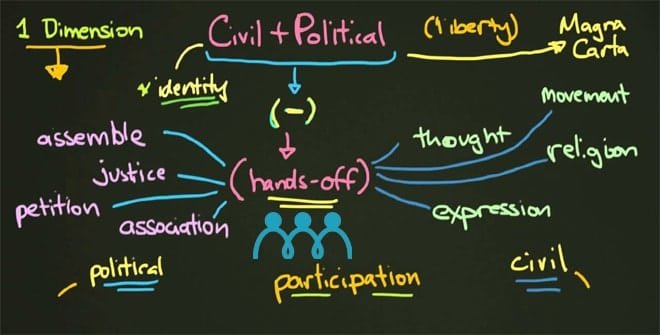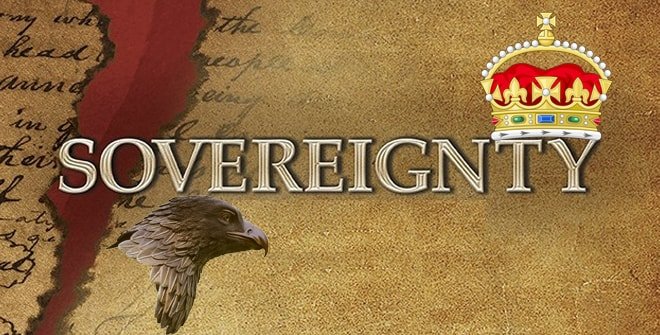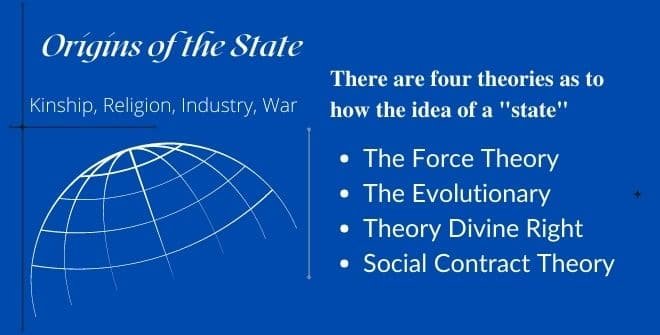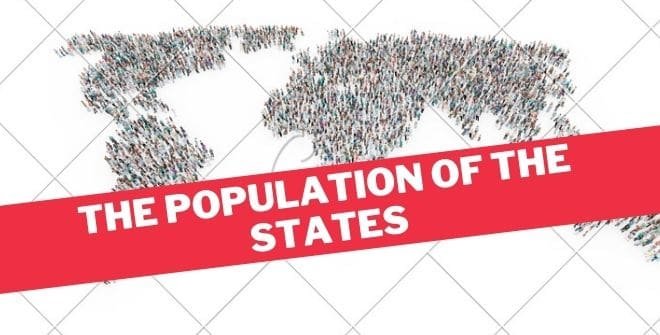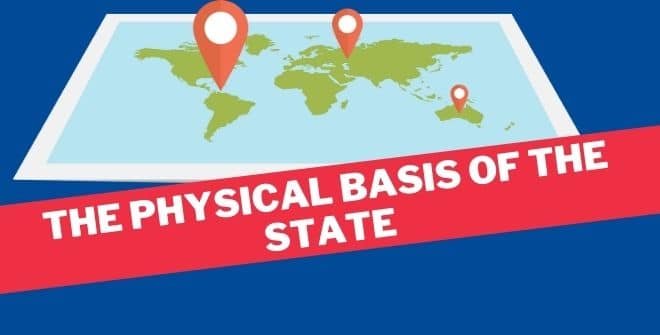Separation of powers
Necessity for Separation of Powers: Because of the extent of modern states in area and population and because of the wide range of interests with which their governments deal, a large number of persons are occupied in government, and considerable distribution of power among various organs is necessary. One of the main principles on which … Read more


